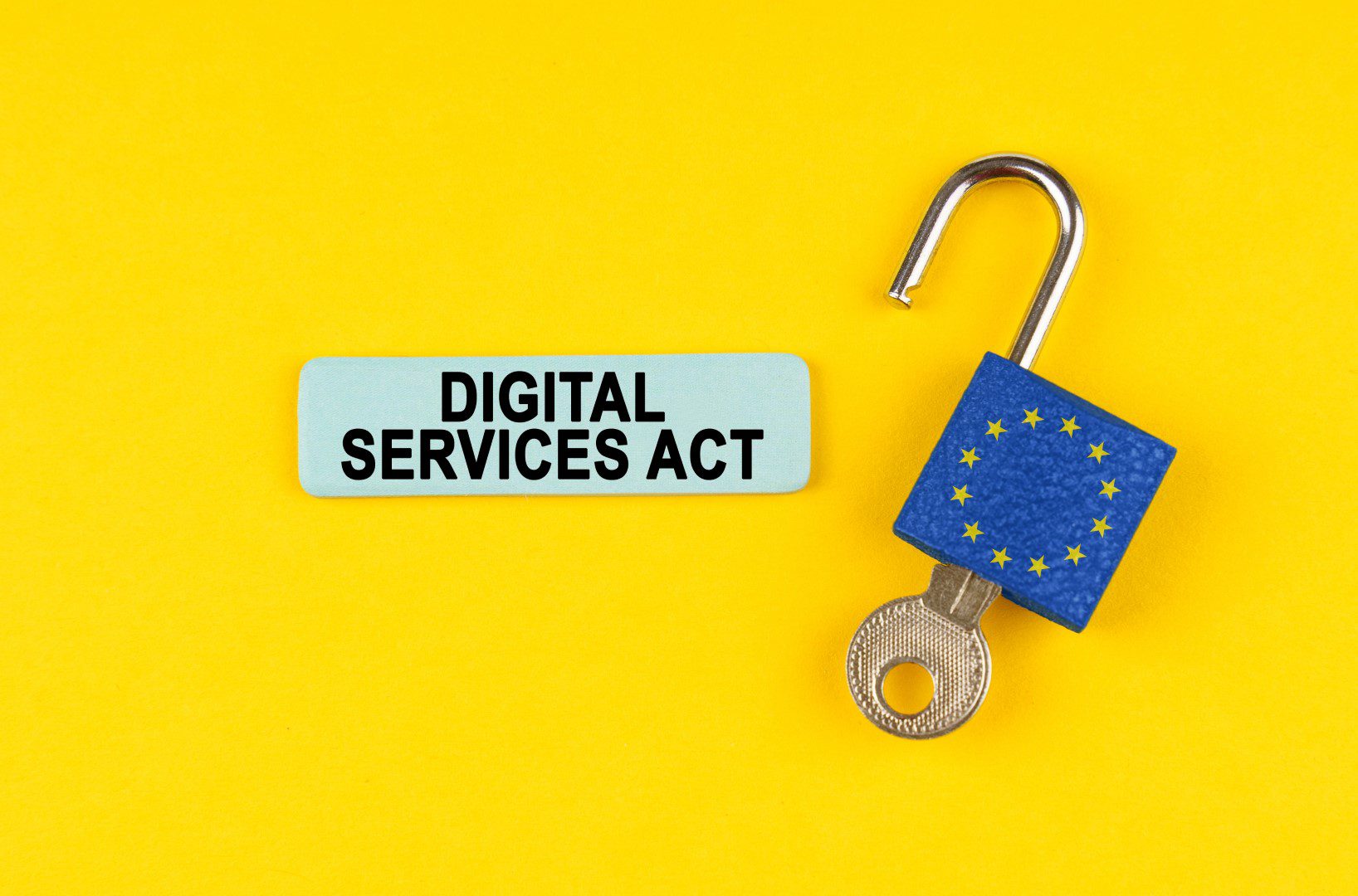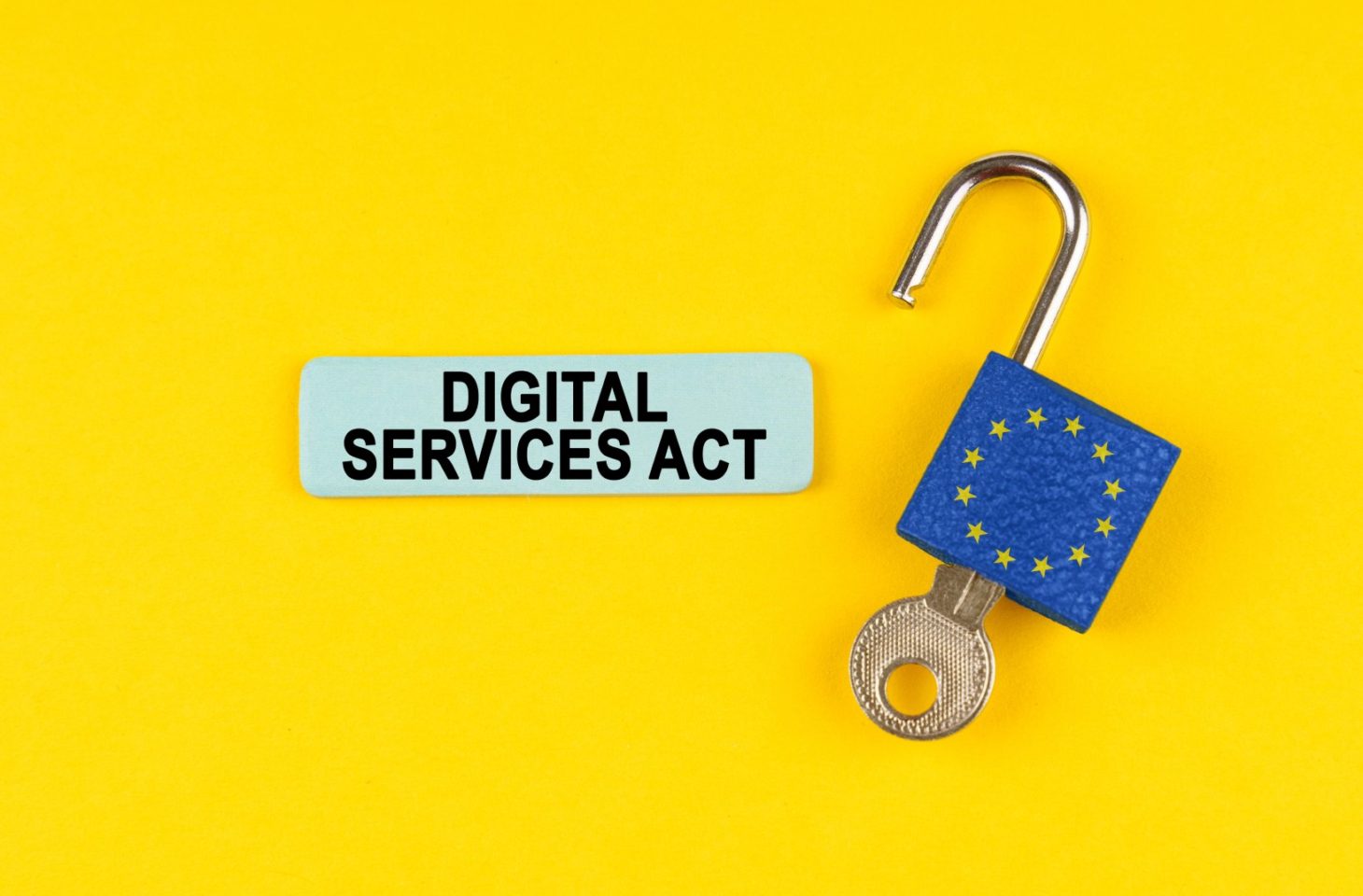All rules of the European Digital Services Act come into force following an earlier partial implementation of the rules. Thousands of platforms have to take the rules into account.
From March 20, 2024, the European Digital Services Act (DSA) will come into force without restrictions. The DSA came into effect on a limited basis at the end of last year, requiring large online companies to adhere to a series of rules. Now companies have to comply with all regulations. The finished rules have been known since 2022.
Level playing field
With the DSA, Europe wants to clearly regulate online platforms. Europe itself defines two objectives for regulation: a safer digital environment in which the fundamental rights of all users are protected, and a level playing field in which innovation and fair competition are central, both within the European single market and globally. The DSA is supported by another comprehensive piece of legislation: the Digital Markets Act. This is primarily about so-called large gatekeeper platforms.
The DSA has a much broader scope. All online platforms with at least 50 employees or an annual turnover of more than ten million euros must adhere to the guidelines. It is unclear how many organizations there are. Europe estimates that the rules are relevant to thousands of companies operating in the EU.
New rules and dark patterns
The new rules are intended, among other things, to ensure that illegal trading becomes just as difficult online as offline. If a product or good is illegal in a Member State, an online store is not allowed to sell that product to anyone in that Member State.
The DSA also wants to regulate the way online platforms address their customers. So are so-called dark patterns Don’ts: These are subtle interventions in a service’s interface that push customers to make a specific choice. Imagine a popup where you can grant an application access to data, or Not now can choose meanwhile NO or Never is not one of the options.
Mozilla recently accused Microsoft of exploiting such patterns by injecting advertisements for its own services into Edge, disguised in a reliable-looking Windows design jacket. In fact, the EU wants to put an end to fraud and from now on you as a user should be able to clearly opt-out when you are entitled to do so, without it being creatively forced upon you.
No advertising for children
The same philosophy also applies to advertising. The use of all available data to display personalized advertising is over. Targeted messages based on religion, sexual preferences, medical information and political preferences are not permitted. Targeting children based on their usage data is also not permitted.
Online platforms also need to take better action against fake news and disinformation. In addition, local rules also apply here: if certain messages are illegal in a Member State, for example because they incite hatred or violence, the owner of the platform on which these messages appear must take action. It does not matter that the platform in question may be based in another EU country with different rules. In this sense, the EU is also striving for more transparency in algorithms.
Special rules for big boys
The DSA contains additional rules for VLOPs and VLOSEs: Very large online platforms And Very large online search engines. Some of the previously applicable rules came into force for them. Stricter rules apply to large platforms such as X or Google Search. X in particular is having a hard time with this. The core of these rules is a better moderation policy where you can also challenge decisions made by moderators. Moderators must therefore justify their decisions.
The European Commission deals with VLOPS and VLOSES, but enforcement of the general rules of the DSA for all other online platforms lies in the hands of the Member States. This task is carried out by so-called Digital Services Coordinators (DSC). The place of jurisdiction is the DSC of the country in which a platform is based. In other words: the Irish regulator will be working overtime because numerous international platforms have their European headquarters there. Anyone who does not have a European headquarters submits to the authorities of all member states. Anyone who misbehaves can expect fines of up to six percent of their global annual turnover.
Key stakeholders must also provide input to the authorities enforcing the DSA. This is not for everyone: Meta and TikTok have already sued for the tax.
Tick tock
Europe certainly doesn’t let the grass grow. The launch of the full DSA will be celebrated with a comprehensive investigation into TikTok. This platform would both violate child protection regulations and take advantage of the famous platform Dark patterns. Also the Rabbit hole effect is part of the complaint: The suggestions based on viewing behavior are becoming more and more extreme (anyone who watches a 9/11 video ends up with conspiracy theories about the melting temperature of steel and the role of reptilian men in the whole thing).
TikTok is already doing its best to comply with the DSA, including by making the algorithm-driven feed optional and stopping advertising to children. However, the EU doubts whether the platform verifies age correctly.














